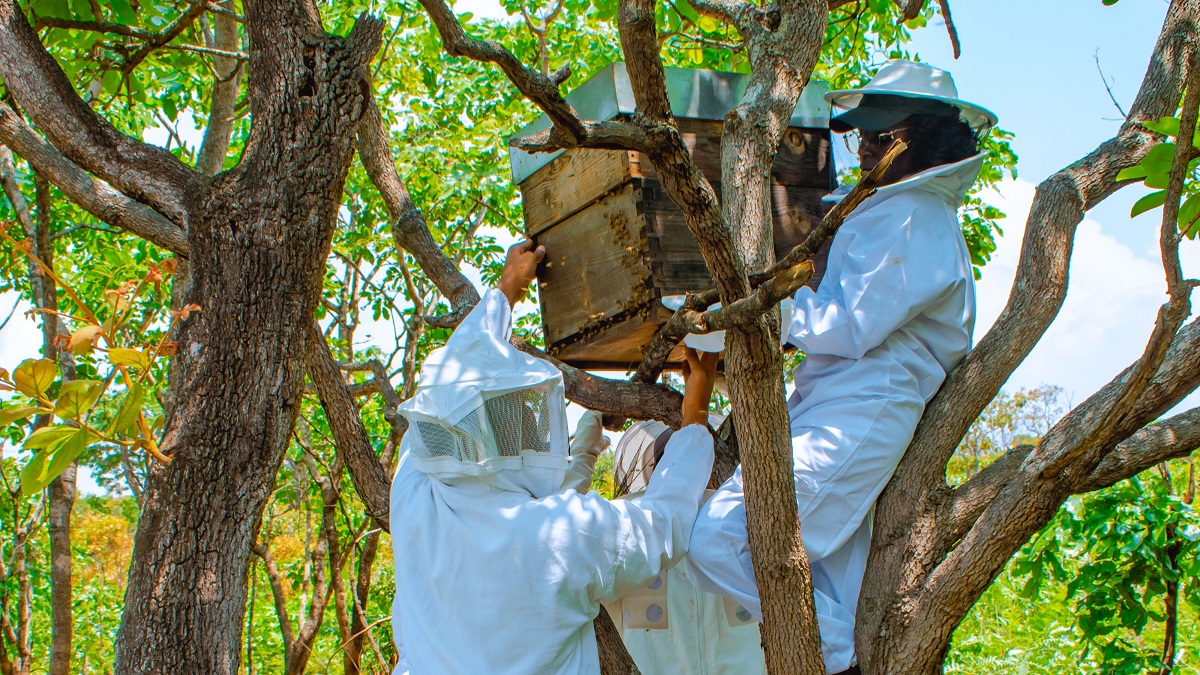
An UNCTAD project is harnessing the power of bees to help women improve their livelihoods while creating sustainable opportunities in rural communities in the southern African nation.
Mavilde de Assunção Alves has been a beekeeper for almost 15 years. Every week she sets up a table to sell honey on the main road or at the local market in Bailundo, a town in Angola’s central Huambo province.
“I have many customers,” she says with a smile, although she admits that the work is challenging.
Like most beekeepers in Angola, Ms. Alves walks many kilometres to tend to her hives dotted across the hilly landscape of her 45 hectares of farmland, where she also grows corn, beans, potatoes and other crops.
Each hive, made by hollowing out tree trunks, produces six to eight kilos of honey, which she collects by using smoke to calm and distract the bees while she gathers their honey in a bowl.
Some of it is enjoyed by her family while the rest is sold to help make ends meet in one of the county’s poorest provinces.
Over the years, the 57-year-old has struggled to maintain the hives, which have dwindled from 15 to eight. Working without protective equipment, she’s often stung and now suffers from joint inflammation and pain.
But after attending a training workshop organized by UNCTAD and the Universidade José Eduardo dos Santos, she’s more confident about the future.
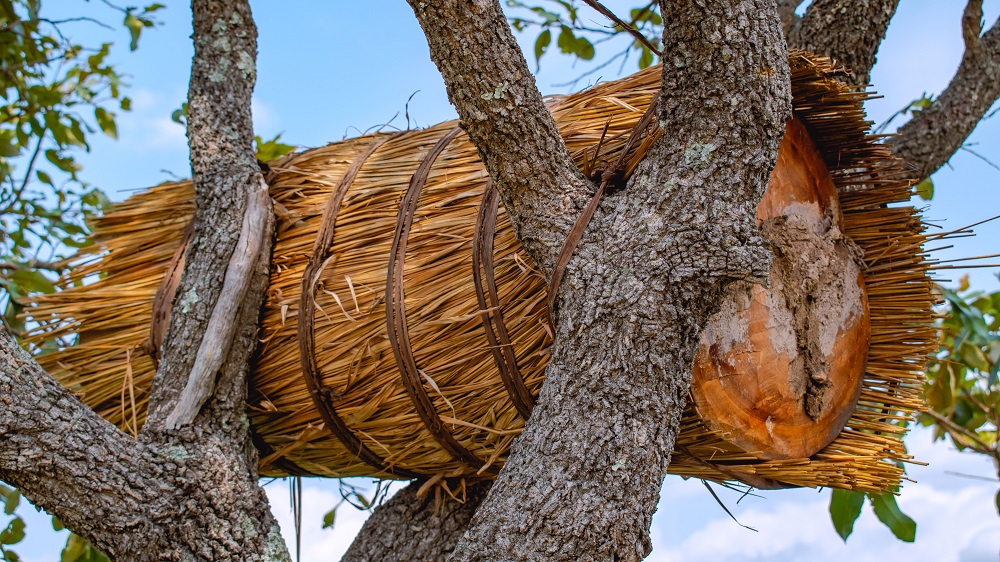
A green sector that can empower women
Ms. Alves is one of seven women trained through an UNCTAD project that is working with the government, researchers, farmers and businesses to harness the untapped potential of honey in the country.
The project is a component of a European Union-funded programme to support Angola’s efforts to diversify its oil-driven economy. According to recent estimates, oil accounts for more than 90% of the country’s exports.
A study conducted by UNCTAD and national stakeholders identified honey as a promising “green” product that could help diversify exports while minimizing environmental impacts and creating new economic opportunities in rural communities.
Although Angola only produces around 90 tons of honey a year, UNCTAD estimates show this could increase to 200 tonnes with improved production methods.
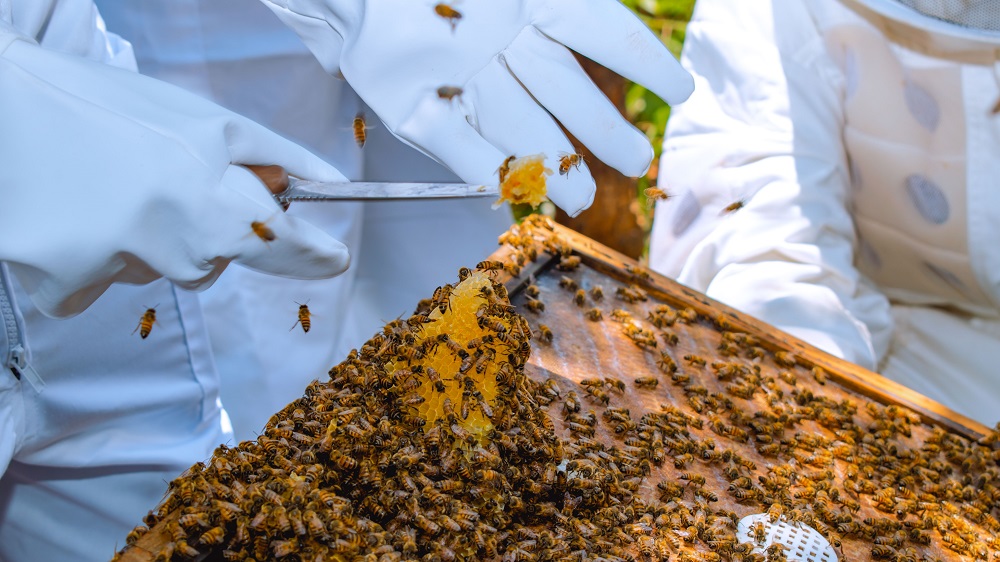
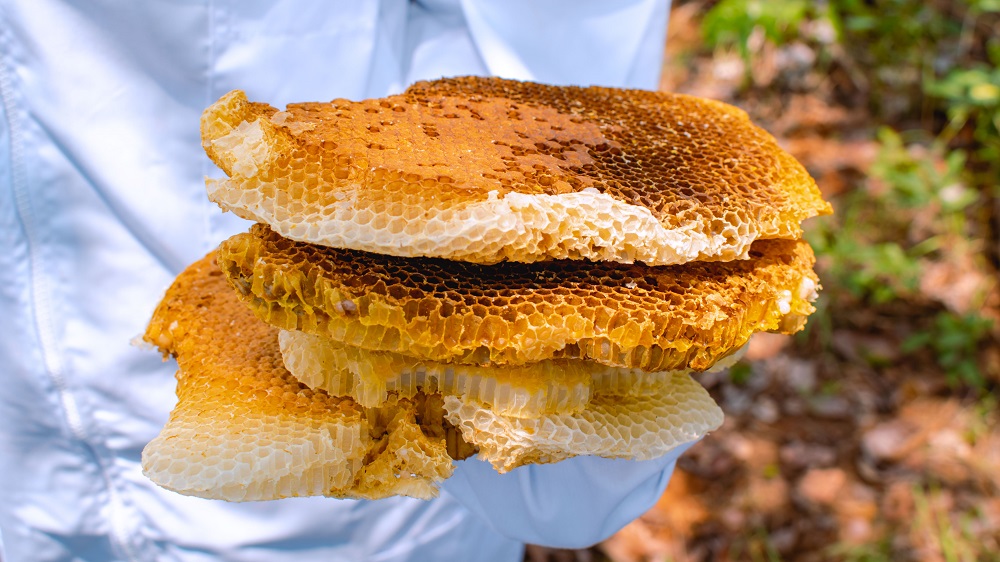
“Angola is a country with great potential to produce high-quality honey,” says Teresa Moreira, officer-in-charge of UNCTAD’s international trade division.
“The country has a diverse range of flora, including several species of flowering plants that provide abundant nectar and pollen for bees. And its warm and humid climate is ideal for beekeeping.”
But to realize its potential, the country needs to modernize the techniques and equipment of beekeepers like Ms. Alves, help them improve the quality of their honey to meet international standards, and give them better access to buyers and infrastructure for processing and transporting their products.
While working with the various actors in the honey sector to improve production methods, UNCTAD has particularly focused on how the project can empower women.
“In Angola, beekeeping has traditionally been seen as an activity for men,” says Marisa Rodrigues, one of UNCTAD’s lead trainers for the project. “Training women as beekeepers helps to uplift their skills while diversifying and renewing the industry.”
“Beekeeping can give women a sense of empowerment and independence as they take on leadership roles in their communities,” says Ms. Rodrigues.
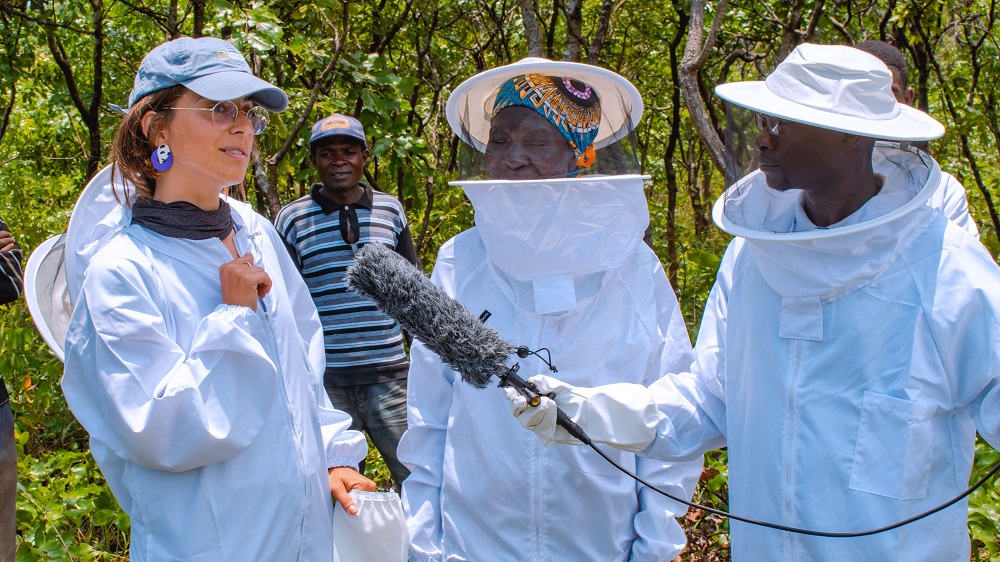
Protecting the environment while boosting incomes
By learning to care for bees, women farmers are helping to protect the environment and boost food security. About a third of the world's food production depends on pollinators such as bees, according to the UN’s Food and Agriculture Organization.
And healthier bees produce more and better honey, which increases beekeepers’ incomes and improves their families’ livelihoods.
Another participant, Júlia Nangueve, says the training workshop helped her see how a few small improvements make a big difference.
“We learned not to sell our honey on the street,” she says. “It’s better to sell it at the farm or in a covered area so that the honey doesn’t spoil. Also, if smoke is used then there is a smell, and the honey loses value.”
Ms. Alves credits the workshop with helping her better understand when honey can be produced in her region. Previously, she had only produced honey between October and February – missing out on the secondary production season, typically between April and June.
Although the secondary season is typically less productive, it can still significantly increase her income.
Besides modern beekeeping techniques, the training also covered forest conservation, honey quality control, and other opportunities in the sector, such as making beeswax or beekeeper’s suits.
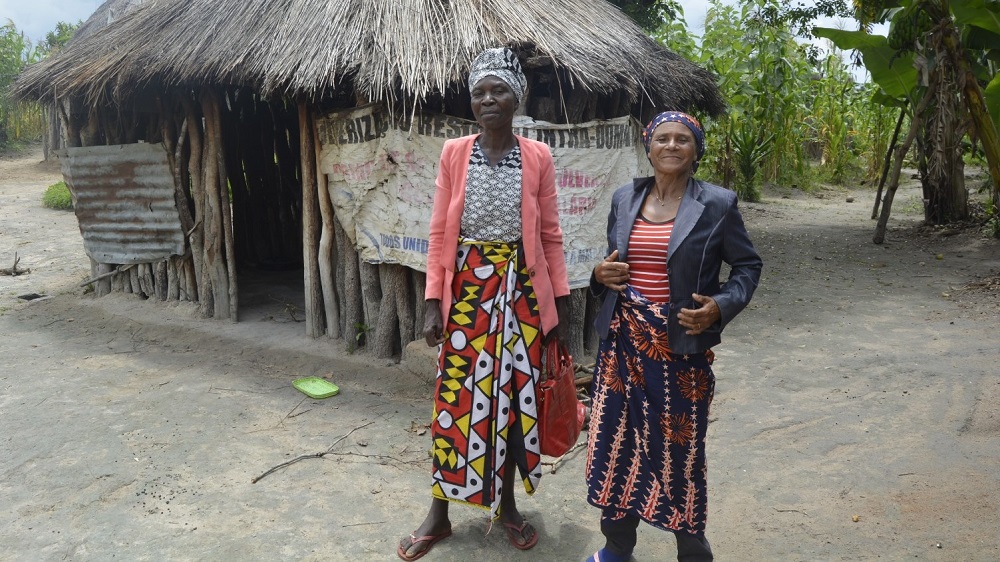
Bringing others on board
Ms. Alves and Ms. Nangueve are the president and vice-president of the Katiavala Agricultural Cooperative, which has 45 women and six men as registered members.
Only some of the members are also beekeepers, but after the training workshop, Ms. Alves and Ms. Nangueve are on a mission to get more people on board.
As trained trainers, they’ll transmit their newly acquired beekeeping knowledge and skills to other members of the community.
“My dream is to spread the knowledge and increase honey production,” Ms. Alves says.
UNCTAD will work with national stakeholders to produce a guide of best practices based on the experiences of project participants.
Source: UNCTAD
 Welcome to the United Nations
Welcome to the United Nations